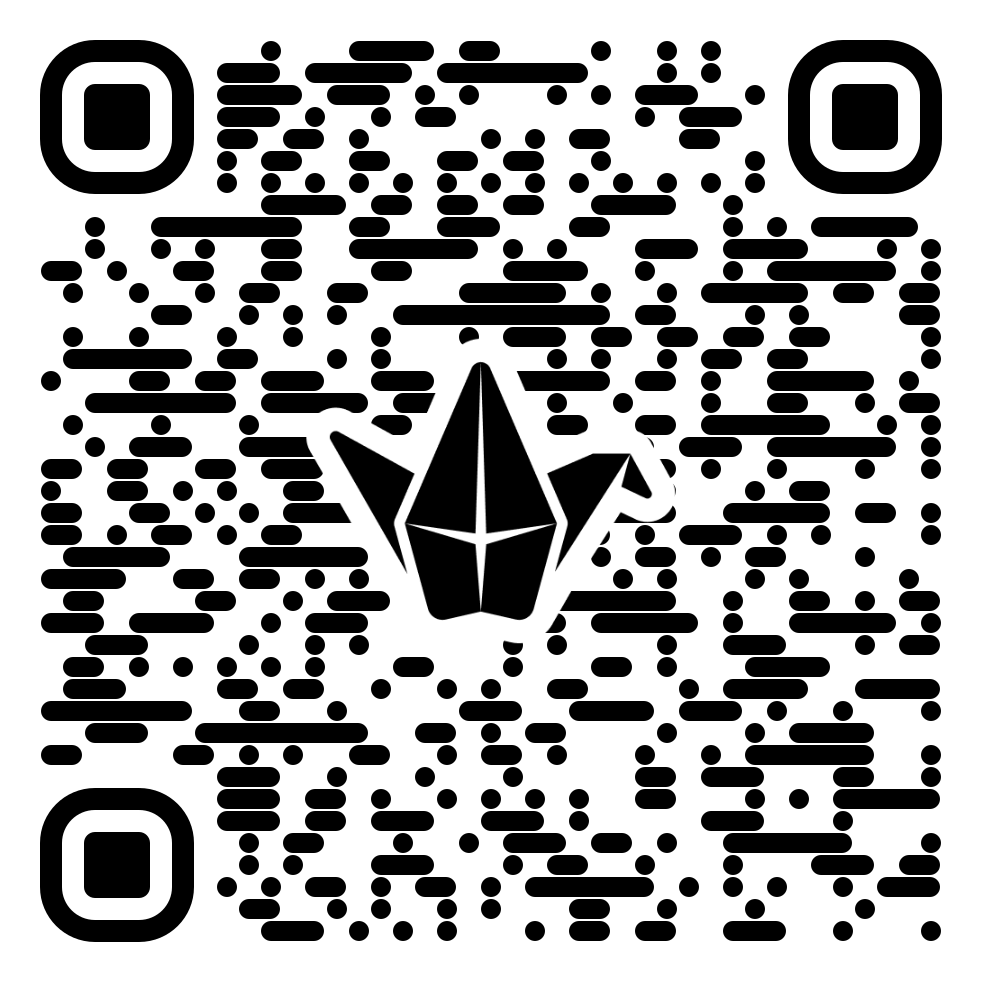Quantifying the ocean carbon budget and its response to anthropogenic forcing is a major goal in climate research. The ocean has absorbed about a quarter of anthropogenic CO₂ emissions while the proportion of carbon uptake has increased relative to emissions. However, our understanding of ocean carbon pools, processes that modulate them, and interactions with land and atmosphere limits our ability to predict future changes. A more integrated, holistic approach – supported by robust monitoring systems – is essential, and satellite observations can play a vital role in closing these knowledge gaps.
The 2nd Ocean Carbon from Space workshop will support progress towards an integrated approach for characterising the ocean carbon cycle using satellite observations and will advance our understanding of its variability across space and time. Outcomes will provide insight into how satellite observations can inform ocean carbon assessments in the Earth System in a climate context, support the evaluation and improvement of climate models, and provide advice and guidance to high-level policy activities.
This workshop is organised in the frame of the ESA SCOPE Project, for further information, please visit the website HERE
The main objective of the workshop is to bring together the scientific community to address key gaps, challenges, and opportunities in ocean carbon research. The workshop will support progress towards an integrated approach for characterising the ocean carbon cycle using field and satellite observations as well as ecosystem models and will look towards advancing our understanding of its variability across space and time.

The workshop consists of two components:
- Online workshop from 24-26 November 2025, consisting of keynote presentations, oral presentations and breakout poster and discussion sessions, with the intention to cover a wide range of topics related to ocean carbon cycle research.
- In-person sessions at the International Ocean Colour Science Meeting from 2 – 3 December 2025 in Darmstadt, Germany, including a half-day plenary session and a 2.5-hour breakout session, focused on actionable recommendations for the international research community and space agencies.
Participants can choose to join the online or in-person sessions, or both.
For the online component of the workshop, we invite submission of abstracts contributing to the following themes:
- Improving observations through algorithm development and validation, including uncertainty estimation and climate-quality datasets
- Understanding the physical and biological processes that underpin the ocean carbon cycle
- Addressing the impact of climate change on the ocean carbon cycle, including extreme events
- Closing the ocean and global carbon budget
- Informing climate mitigation and adaptation strategies, including the global stocktake
These themes cover a wide range of topics in ocean carbon research, and are not limited to the open ocean only, i.e., we welcome contributions related to blue and coastal carbon as well as those related to air-sea and land-sea interactions.
The results from the online workshop feed into the in-person sessions at IOCS, where we look for community consensus to recommend actions across the broader research community and different space agencies.
The Abstract submission interface is closed. The abstract submissions are only intended for the online workshop.
Note: Abstract length should be at least 200 words and maximum 300 words (one A4 page, single space normally contains 400-500 words).
Information about the co-authors (name, lastname, affiliation, contact Email) is required at the moment of the submission.
The PADLET is accessible at 2025 Ocean Carbon from Space Workshop and will stay open for the entire duration of the workshop. It is an interactive way for you to exchange views and provide recommendations on the main scientific challenges, gaps, opportunities and priorities for future activities regarding the different Workshop topics. You are very welcome to start using it right now!

| Abstract submission opening (online workshop) | 30 May 2025 |
| Abstract submission closure (online workshop) | 30 September 2025 |
| Notification of acceptance (online workshop) | 31 October 2025 |
| Issue of Preliminary Programme | 31 October 2025 |
| Issue of Final Programme | 17 November 2025 |
| Online Workshop | 24–26 November 2025 |
| In-person sessions at IOCS | 2-3 December 2025 |
EOGB – Earth Observation Graphic Bureau
ReMedia Italia c/o ESA
Juan Ignacio Gossn
EUMETSAT
Gemma Kulk
PML
Laura Lorenzoni
NASA
Elin Meek
PML
Hiroshi Murakami
JAXA
Marie-Helene Rio
ESA
Roberto Sabia
ESA
Javier A. Concha Sepulveda
Serco c/o ESA
Jamie Shutler
University of Exeter
Ulla Väyrynen
Serco c/o ESA
Benoit Beguet
i-Sea
Kelsey Bisson
NASA
Heather Bouman
University of Exeter
Astrid Bracher
AWI
Bob Brewin
University of Exeter
Pete Bunting
Aberystwyth University
Joaquim I. Goes
Lamont-Doherty Earth Observatory (LDEO)
Tihomir Kostadinov
CSUSM
Tiit Kutser
University of Tartu
Joan Llort
BSC
Antonio Mannino
NASA
Victor Martinez-Vicente
PML
Griet Neukermans
Ghent University
Emanuele Organelli
CNR
Cecile Rousseaux
NASA
Salem I. Salem
Plymouth Marine Laboratory
Richard Sanders
NORCE
Shubha Sathyendranath
PML/IOCCG
Jamie Shutler
University of Exeter
David Siegel
UC Santa Barbara
Osvaldo Ulloa
UDEC
Andrew Watson
University of Exeter

